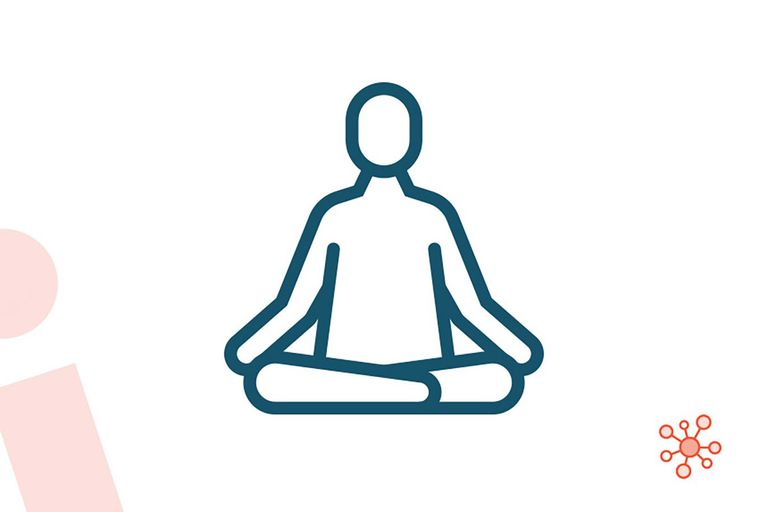In this post I'll give you the basic benefits of meditation to give you a general idea about how it works. In part 2 I'll give you more specific tips for improving your practice.

As with anything, there's more than one way to do this, so try out different techniques and pick the ones that work best for you.
One thing that makes meditation especially effective for stress reduction is that it helps you focus on what you want, instead of what you don't want. This gives you a much clearer mental image of what you need to let go of in order to move forward and accomplish things in life.
One of the most beneficial benefits of meditation is a calming effect. If you're feeling tense, chances are that your body language is also tense. By relaxing your body, your mind can relax, which in turn reduces the stress and anxiety you feel.
Another benefit of meditation is self awareness. It's easy to miss the signs that something's bothering you, but meditation teaches you how to notice the first signs of a stressful situation, instead of letting it build until it gets too big.
Finally, meditation also helps you deal with emotional problems. Many people use it as a form of self-healing. Instead of waiting for a health problem to develop and then trying to find a way to fix it, they use meditation to heal themselves before a problem becomes an issue.
Here are some basic tips on how to get started meditating:
Find a quiet place where you can be alone
If you're finding it hard to meditate, a crowded room or noisy street might make you anxious, so keep your environment as calm and quiet as possible.
Set a timer to remind yourself when it's time to meditate
When you first begin meditation, you might feel anxious that you'll forget, but setting a timer to go off every few minutes will help you keep track of how much time you spend practicing.
Try to stay in the present moment
Meditation isn't just about being aware of your breath; you can also be mindful of what you're doing while you're meditating. Focus on your actions instead of what you're thinking or feeling.
Focus on your breathing
You can also focus on your breath instead of other thoughts. For example, you might think of your hands, but you could also try thinking of your breath or imagining yourself breathing in and breathing out.
Pay attention to your emotions
If you notice your feelings changing while you're meditating, be aware of it and decide if that emotion is helping you or hurting you. If you find it painful, change your focus and start observing something else.
Try meditating with friends
This is a great option if you have someone to practice with. If you practice with your family, you'll naturally improve your communication skills, so they'll enjoy watching you relax.
Once you've gotten used to practicing meditation regularly, you can practice it while doing other activities. This will help
It’s good to meditate